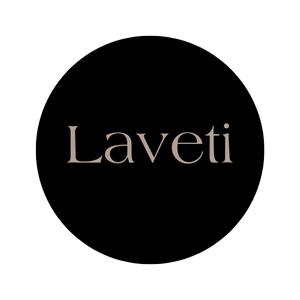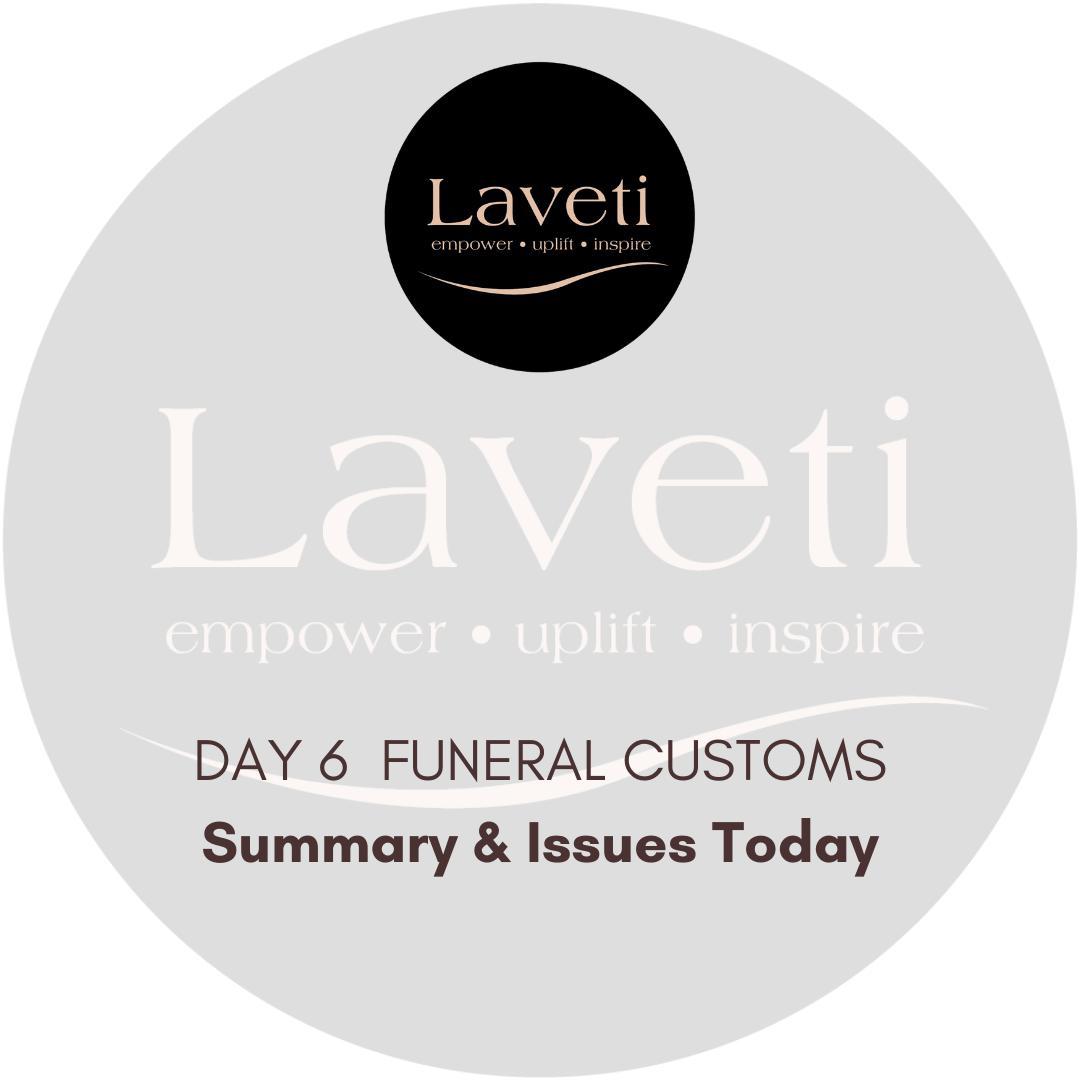Summary and Issues Today
WILI BOGI (COUNTING OF NIGHTS SINCE BURIAL)
The iTaukei believe that when a person dies, the spirit will remain with the family until the fourth night, when its journey to its spiritual abode begins; it will reach its destination on the hundredth night. At the bogiva (fourth night), certain rituals are performed to placate the spirit and ensure its final departure to the next world. A feast is then held in formal recognition of the beginning of the vakatatabu (mourning) in accompaniment to the beginning of the deceased’s progress to its next abode. During this period, certain members of the family and extended families will declare vakatatabu where they go into mourning. They will not cut their hair, trim their beard or eat the deceased’s favourite food, play his favourite game or sing his favourite song until the bogidrau (one hundredth night) when he reaches his final abode. Similar feasts are held on the tenth (bogitini), twentieth (bogiruasagavulu) and fiftieth nights (bogilimasagavulu). On the hundredth night (bogidrau), a feast is held to celebrate the spirit’s arrival at its final home and the mourning is lifted with the vakataraisulu. It is believed that if the spirit remains around the earthly home, it can turn into a malignant spirit and become destructive to the living. Malignant spirits are often blamed for mysterious illness, sudden deaths and mental illness. This explains the purpose for rituals before and after the burial. These are called different names that are local to the tribe and clan and the rituals also differ in form. But their main objective is to ensure the spirit departs permanently for bulu. Of the wilibogi, the bogi va (fourth night) is the most observed, according to most of the respondents. The bogi tini (tenth night), bogi ruasagavulu (twentieth night), bogi limasagavulu (fiftieth night) and bogi drau (one hundredth night) were optional and left to the bereaved family to decide.
iTaukei who are members of the Catholic church observe the tradition of a family getting together on the 4th till the 100th night by having masses offered instead, for the soul of the deceased to be granted eternal rest. For some, however, the wilibogi provides the opportunity to visit the bereaved family and in a subtle manner, check on their welfare, such as the children’s performance at school and what their economic situation is like so as to offer assistance if need be.
CULTURAL SIGNIFICANCE OF FUNERAL CUSTOMS AND PRACTICES
The table sets out the cultural significance of funeral customs and practices for both young and older respondents sometimes do not always understand the significance of some of them.
|
PRACTICE |
CULTURAL SIGNIFICANCE |
VALUE |
|
Tukutuku ni mate |
To inform kinship ties |
Veiwekani or relationship with the living |
|
Reguregu |
Pay respect to the dead |
Veiwekani or relationship with the living |
|
Bikabika |
Act of care and consideration for bereaved not to mourn in isolation |
Veiwekani or relationship with the living |
|
Yarayara |
Safety for the bereaved by ensuring the permanent departure of the spirit not to become malignant and harm relatives |
Veiwekani or relationship with the deceased |
|
Veibulu |
Respect for the dead |
Veiwekani or relationship with the deceased |
|
Burua |
Acknowledge reguregu |
Reciprocity |
|
Wase ni iyau |
Acknowledge kinship ties |
Contributor to connectedness of kinship ties |
|
Tuvaulu |
Reverence for motherhood’s role in creation and nurturing |
Due acknowledgment of centrality of women’s role in continuity of kinship groups |
|
Lakovi |
Recognition for woman’s role in caring for the husband now deceased and affirmation of love and care from her clan and her husband’s clan |
The vital contribution women make to the sustenance of all units of the kinship networks |
|
Wilibogi |
Remembering the dead |
Veiwekani or relationship with the deceased |
|
Vakatatabu |
In mourning |
Veiwekani or relationship with the deceased |
|
Vakataraisulu |
Lifting of the mourning |
Veiwekani or relationship with the living |
Source: Simione Sevudredre






